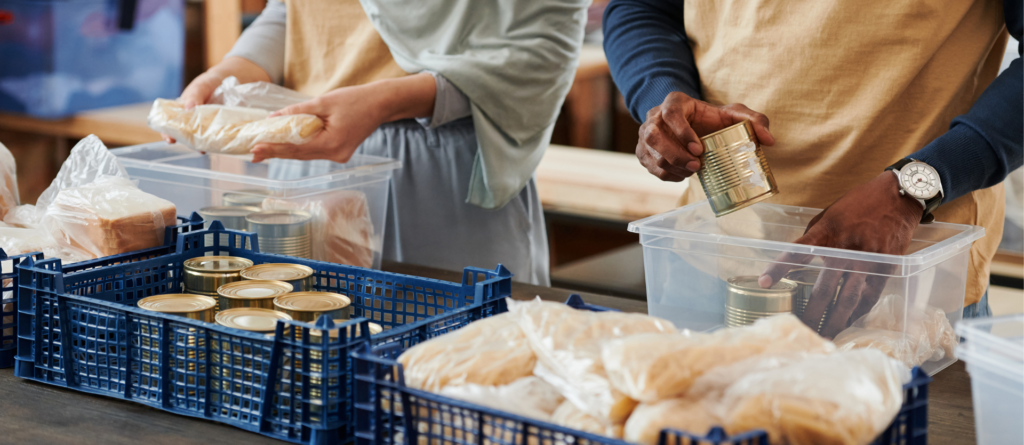
The question of how to import donations tax-free is particularly important in South Africa, as a growing number of welfare, education, religious and other not-for-profit organizations increasingly rely on overseas gifts and donations to continue their work in the country.
(A similar situation involves the importing or receiving of samples, gifts and personal items from abroad. This is not covered in this article, but comprehensive information on the subject can be found here ).
South Africa imposes customs duties and import taxes on imported goods. So, how does this apply to foreign donations? How do they affect givers and receivers? Thanks to Schedule 4 of the Value Added Tax Act No. 89 of 1991 (VAT Act) and the Customs and Excise Act No. 91 of 1964, certain organizations are eligible for VAT exemptions and duty refunds provided they meet certain conditions.
If you are involved with an organization that receives donations from abroad, this blog will help you understand the VAT and duty payments and requirements when receiving goods forwarded free of charge as donations or gifts from overseas.
legislative framework
We will briefly look at the relevant details of the two bills mentioned above.
Schedule 4 of the Customs Act 91 of 1964
Under this Schedule, all imported goods are subject to customs duty at the rates specified in Schedule 1 of the Act. However, tax rebate items 405.04/00.00/04.00, 405.04/00.00/05.00 and 405.04/00.00/06.00 in Schedule 4 of the Act provide for goods forwarded as donations to certain organizations free of charge, subject to certain conditions being met. Full duty refund. The conditions for full duty refund under these items are summarized as follows:
- The organization is registered under the National Welfare Act (1978) and donated items will be distributed free of charge or for official use by the organization. Clothing items are not included.
- The organization is an educational, religious, welfare, athletic or hospital organization that accepts donated items and commits to distribute or use the items free of charge; it does not receive any monetary proceeds from the sale or rental of the items unless the kickback is returned in full. Clothes and food are not included.
Value Added Tax Law No. 89 of 1991
VAT is levied on any goods imported into South Africa in accordance with section 7(1)(b) of the VAT Act. Section 13 of the VAT Act discusses VAT exemptions. Specifically, paragraph 5 of Schedule 1 describes the exemption from VAT on goods forwarded free of charge as donations by non-residents of South Africa, subject to certain conditions being met.
Essentially, the conditions described in the VAT Act are the same as those in the Customs and Excise Act as far as the liability of the recipient is concerned. Eligible recipients have been expanded to include public agencies or municipalities as well as the nonprofit organizations listed above.
What do I have to do to get a customs duty refund and/or VAT exemption?
In order to benefit from these duty rebates and VAT exemptions, your organization will need to:
Register as an importer
Qualified organizations intending to import goods into South Africa must first register as importers with the South African Revenue Service (SARS). Once this is done, you can apply for an import license or tax refund license.
Obtain a rebate license
Items donated to good causes under these rebates are governed by the International Trade Administration Council (ITAC). ITAC will check that the quantities and conditions are acceptable before issuing a license and that local industry will not be negatively affected by receipt of the donation.
Controlled goods may require additional import licenses
Donated old/second-hand items are subject to import controls and require an additional import license. A rebate license will only be considered after it has been issued. Although, as mentioned earlier, clothing is not included in the donation rebate, certain second-hand clothing (e.g. raincoats, parkas, ski jackets) may receive a partial duty rebate under rebate item 460.11. Customs and Excise Act.
Items on the Customs Controlled and Restricted Items List may also require additional licenses. You can view this list on our calculator page.
Apply for VAT exemption
If your nonprofit receives foreign donations, those donations may be exempt from import VAT as long as they meet the conditions previously described. SARS handles these donations on a case-by-case basis. Therefore, before clearing your goods, you need to obtain the necessary details about the application process and the documents required by SARS via email (VATExamption@sars.gov.za).
Customs clearance of goods
When clearing goods through customs, your customs clearance agent will require the above license.
In order to complete the customs declaration, “NC” must be entered in the “Actual Price” field, as the goods are donated free of charge. You will also need to enter an “Additional Information Code” reflecting the Value Added Tax Exemption (VTE) code, reference number and date of such permission.
South Africa has introduced legislation to avoid VAT and customs duties on foreign gifts intended to help those in need in our country. For the benefit of your organization, it can be challenging to navigate the documents required to obtain a full donation for free, as per the donor’s wishes. You can contact one of our knowledgeable advisors to assist you on 087 550 1038.



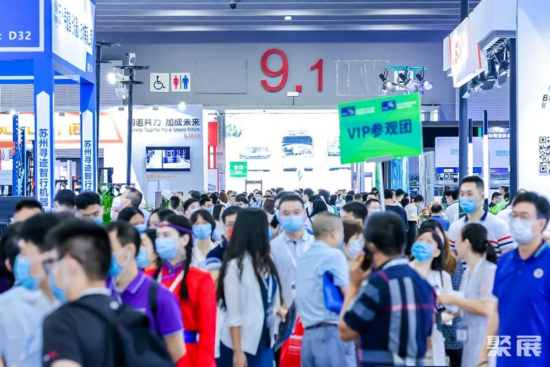
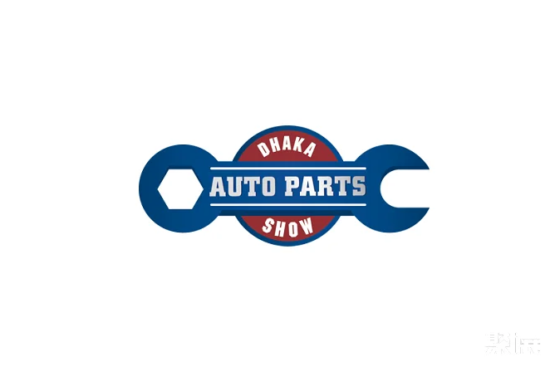
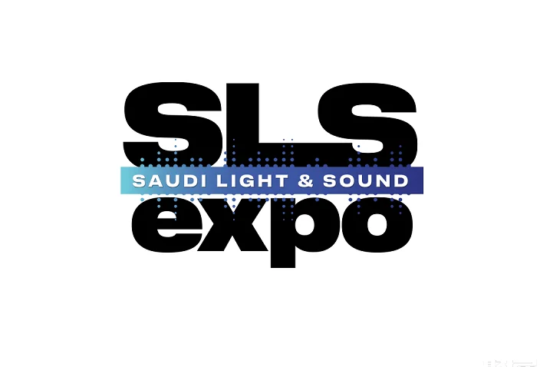
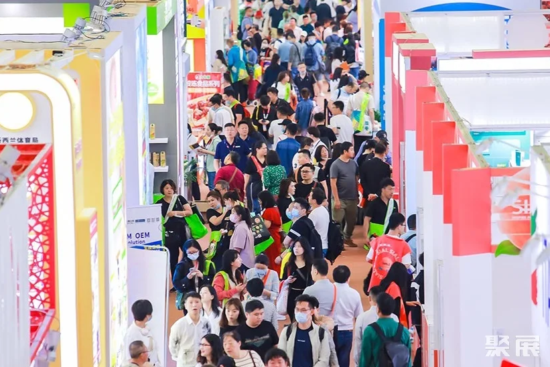
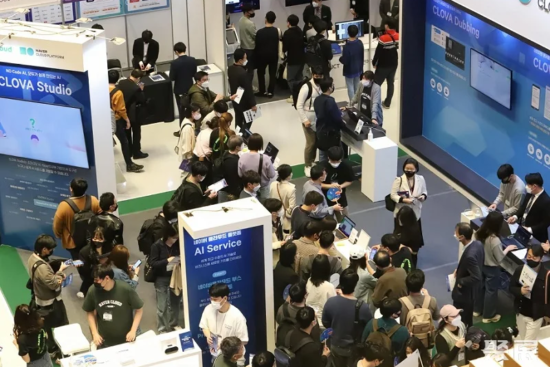
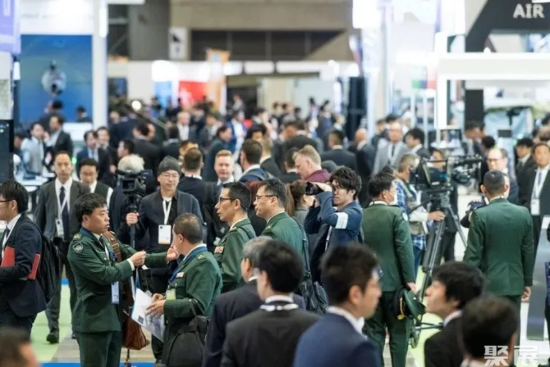


Leave a Reply Cancel reply
You must be logged in to post a comment.